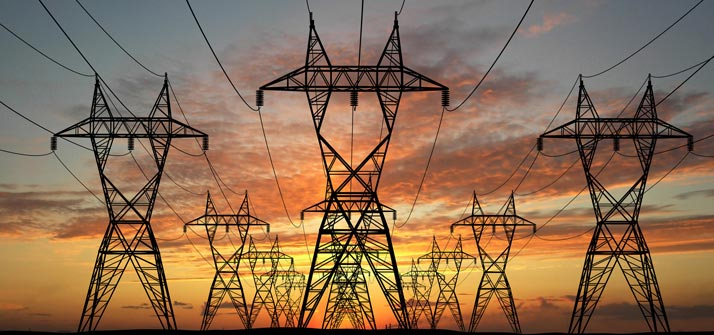
For Immediate Release
May 18, 2016
ST. JOHN’S, NL – The Newfoundland and Labrador Environmental Industry Association (NEIA) is concerned by a news story this week indicating that, in a February report to the Public Utilities Board (PUB), Newfoundland and Labrador Hydro is prepared to use the Maritime Link and Labrador-Island Link to import power.
“Industry has been asking for access to the energy grid for years but has been – and continues to be – denied that access,” says Ted Lomond, Executive Director of NEIA. “To discover that we are now considering purchasing power from outside the province is perplexing and upsetting.”
The report notes that continued dry weather conditions means the reservoir at the Bay d’Espoir generating station is low and significantly more oil is being burnt in Holyrood at a high cost. This, in conjunction with the delays associated with the Muskrat Falls project, has required that NL Hydro look for alternatives to meet energy demands.
“Newfoundland and Labrador is rich in renewable energy potential,” notes Lomond. “However, legislation has prohibited any development as there are no programs in place allow new electricity to be fed in to the system”. Lomond says that the province is one of the only jurisdictions in North America to not have a net metering program in place, and that NEIA has been advocating for years for its implementation.
“From small scale projects designed to power individual homes and businesses to large scale offshore wind farm developments, there are made-right-here solutions for our energy needs that would create local jobs, support local companies, and drive local innovation and technology development,” says Lomond. “But our regulatory framework has discouraged the diversification of our economy and now has put us in a position where we may have to consider paying to import something we quite easily could have provided for ourselves.”
Lomond says that these outdated energy regulations are impairing economic development in Newfoundland and Labrador in a number of ways. “Industries are finding themselves at a disadvantage because they cannot use renewable energy technologies in their facilities like their competitors can; entrepreneurs are unable to pursue the development of their ideas and technologies in what is a rapidly growing sector globally; while homeowners and businesses continue to be denied the opportunity to reduce their individual energy costs.” Lomond says that, while the 2016 Federal Budget is providing significant funds and growth opportunities for green and clean initiatives, the current provincial policy framework will act as a barrier to Newfoundland and Labrador receiving its fair share.
Even businesses hoping to secure international contracts are being affected, says Lomond. “Our firms are finding themselves at a disadvantage for not having the opportunity to use, test, or integrate their products and services with renewable technologies that have become standard in most major markets.”
“The province needs to exercise the leadership required to address these issues,” says Lomond.
NEIA is a not-for-profit association of businesses that promotes the growth and development of the green economy in Newfoundland and Labrador. More information can be found at https://neia.org.
Media Contact
Kieran Hanley
kieran@neia.org
709.237.8190



